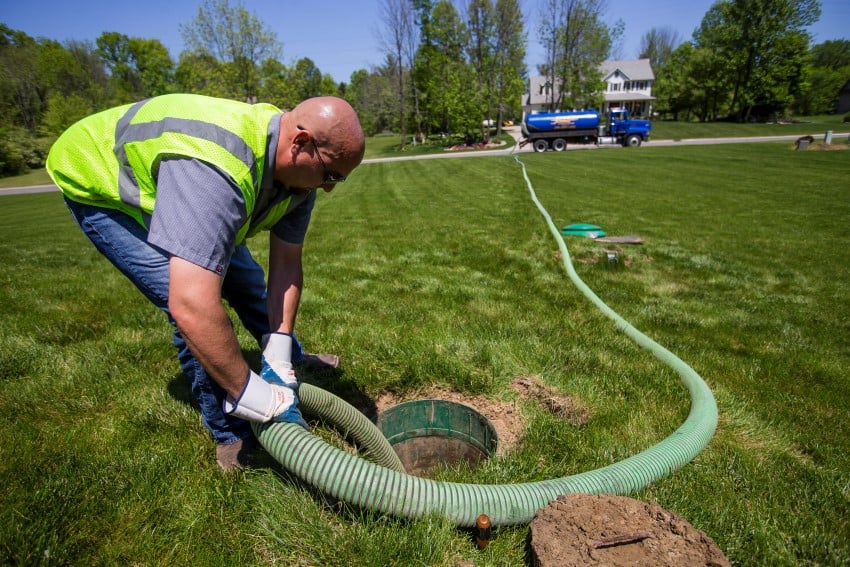
Septic tank systems play a crucial role in wastewater management for homes and businesses that are not connected to a centralized sewer system. To ensure the longevity and efficiency of a septic system, regular maintenance is essential. One crucial aspect of septic tank maintenance is treatment, which helps break down solid waste and maintain a healthy balance of bacteria in the tank.
Regular septic tank pumping is a fundamental maintenance procedure that should be performed every 3 to 5 years, depending on the tank size and household usage. During septic tank pumping, a professional septic company will remove the accumulated sludge and scum from the tank, preventing clogs and ensuring proper functioning. This process helps maintain the required volume for wastewater storage and prevents potential overflow or backups. Septic tank pumping is essential for optimal system performance and prevents costly repairs.
Septic tank repair becomes necessary when issues arise within the system, such as leaks, damaged pipes, or a malfunctioning drain field. Ignoring these problems can lead to contamination of the surrounding environment and potential health hazards. A qualified septic company can identify the source of the problem and undertake appropriate repairs to restore the system's functionality. It is crucial to address septic tank repairs promptly to prevent further damage and ensure the longevity of the entire system.
In cases where a new septic system is needed, septic tank installation is required. The installation process involves careful planning and adherence to local regulations. Rooter Septic Services helps assess the property, determine the suitable tank size, and design a layout that ensures optimal performance and compliance with local codes. A proper septic tank installation provides effective wastewater treatment, prevents contamination of groundwater, and ensures the safety and well-being of the occupants.
Biological and chemical treatments are often used in conjunction with septic tank pumping to enhance the decomposition process and maintain a healthy balance of bacteria in the tank. Biological treatments involve the introduction of beneficial bacteria and enzymes that break down the solid waste and facilitate the natural decomposition process. These treatments can help reduce odors, prevent clogs, and improve the overall efficiency of the system.
Chemical treatments, on the other hand, involve the use of specific chemicals to address issues such as excess grease, root intrusion, or excessive bacterial growth. However, it is important to note that the use of chemical treatments should be carefully considered, as some products can harm the bacterial balance in the septic tank or have harmful effects on the environment. Consulting with a reliable septic company is essential to determine the appropriate type and dosage of chemicals to use, if necessary.
Regular septic tank pumping, repair when needed, and professional installation of new systems are essential aspects of septic tank maintenance. Additionally, the use of biological and chemical treatments, under professional guidance, can aid in the decomposition process and prevent potential issues. To ensure the safety of your property, the environment, and the well-being of its occupants, consult with Rooter Septic Services for all septic tank-related services.